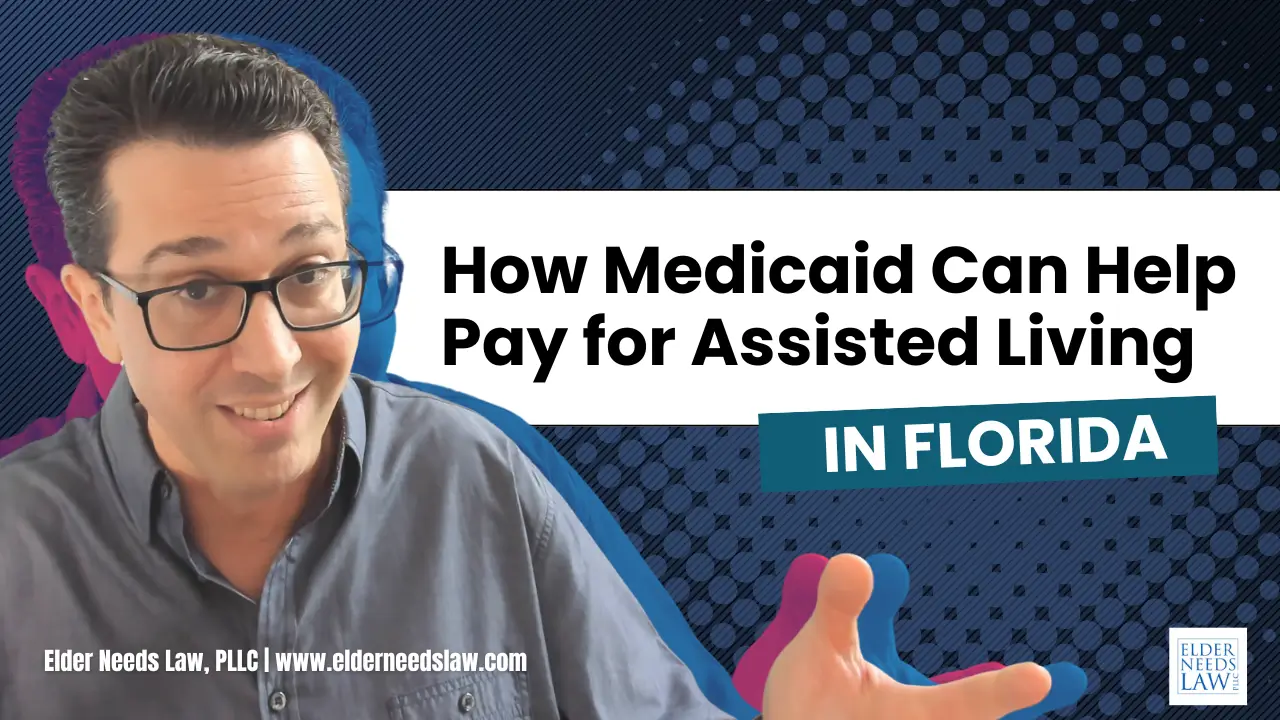Health Care Decision Making in Florida: What You Need to Know

When was the last time you thought about who would make medical decisions for you if you couldn't speak for yourself? Many Floridians overlook these critical documents, thinking they're just "extras" in an estate plan. The reality is these documents can determine matters of life and death.
Let's break down what really happens when you sign—or don't sign—health care directives in Florida.
The Power of a Health Care Decision in Florida
Florida Statute 765 defines a "health care decision" as the ability to:
- Provide informed consent
- Refuse consent
- Withdraw consent for medical procedures (including life-prolonging measures)
- Apply for government benefits like Medicaid
- Access health information needed to make decisions
- Make anatomical gifts (organ donation)
This definition becomes crucial when determining what your designated decision-maker can actually do when you can't communicate.
Health Care Surrogate vs. Proxy: What's the Difference?
Health Care Surrogate: Someone you specifically choose and name in a legal document to make health care decisions if you cannot.
Proxy: If you haven't designated a surrogate, Florida law provides a default order of people who can step in (spouses, adult children, parents, etc.).
When Does Your Health Care Surrogate Take Control?
This is important: As long as you can communicate your wishes, medical providers will listen to YOU, not your surrogate.
Your surrogate only gains authority when:
- Your doctor determines you lack capacity to make decisions
- There is no reasonable probability of regaining that capacity
If your capacity is questionable, a consulting physician will conduct an independent assessment. Everything must be documented in your medical record.
Living Wills: When They Actually Apply
A living will only comes into play when three conditions are met:
- You cannot make decisions for yourself
- There's no reasonable chance of regaining capacity
- You have at least one of these conditions:
- Terminal illness
- End-stage condition
- Persistent vegetative state
When these conditions exist, your doctor must get a second opinion. If both doctors agree, they'll notify your health care surrogate or proxy, who must consent to withholding life-prolonging procedures based on your living will instructions.
What If There's Disagreement?
If your surrogate disagrees with the doctor's plan to withhold treatment, they have seven days to seek expedited judicial intervention. The doctor cannot withhold life-prolonging procedures until the court decides.
Why These Documents Matter
These aren't just "throw-in" documents. They determine who makes life-or-death decisions on your behalf. You need someone who will honor YOUR wishes, not impose their own.
Need Help With Florida Health Care Directives?
Don't leave these decisions to chance. At Elder Needs Law, we help Floridians create personalized health care directives tailored to your specific wishes.
Visit elderneedslaw.com or medicaidplanninglawyer.com to get started.
Want to Know More About Medicaid Planning?
Check out our book: "Medicaid: Let me pay for some of your long-term care expenses" for insights on how proper planning can protect your assets while qualifying for benefits.
Remember, these documents aren't just paperwork—they're your voice when you can't speak for yourself.







